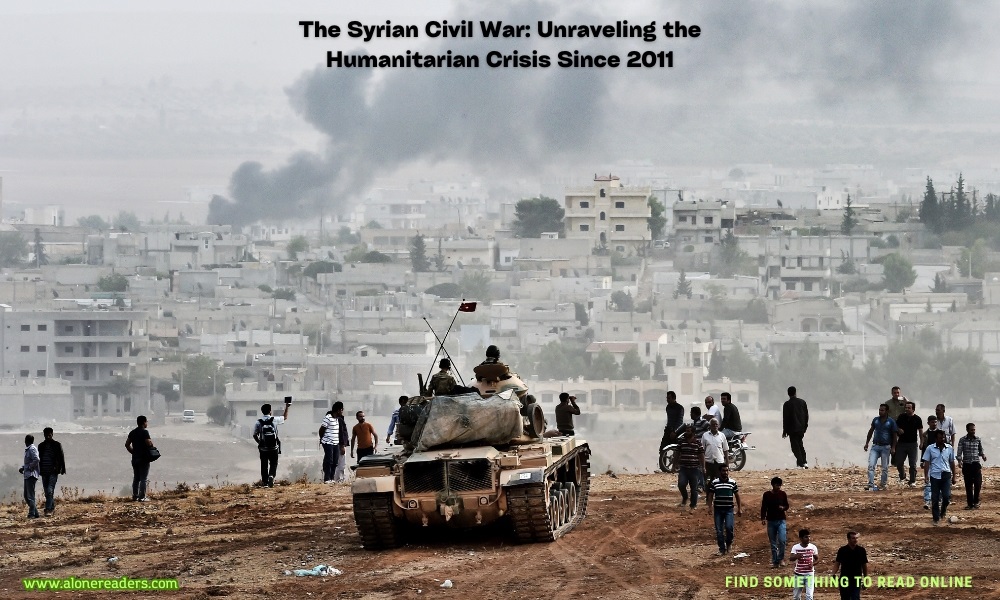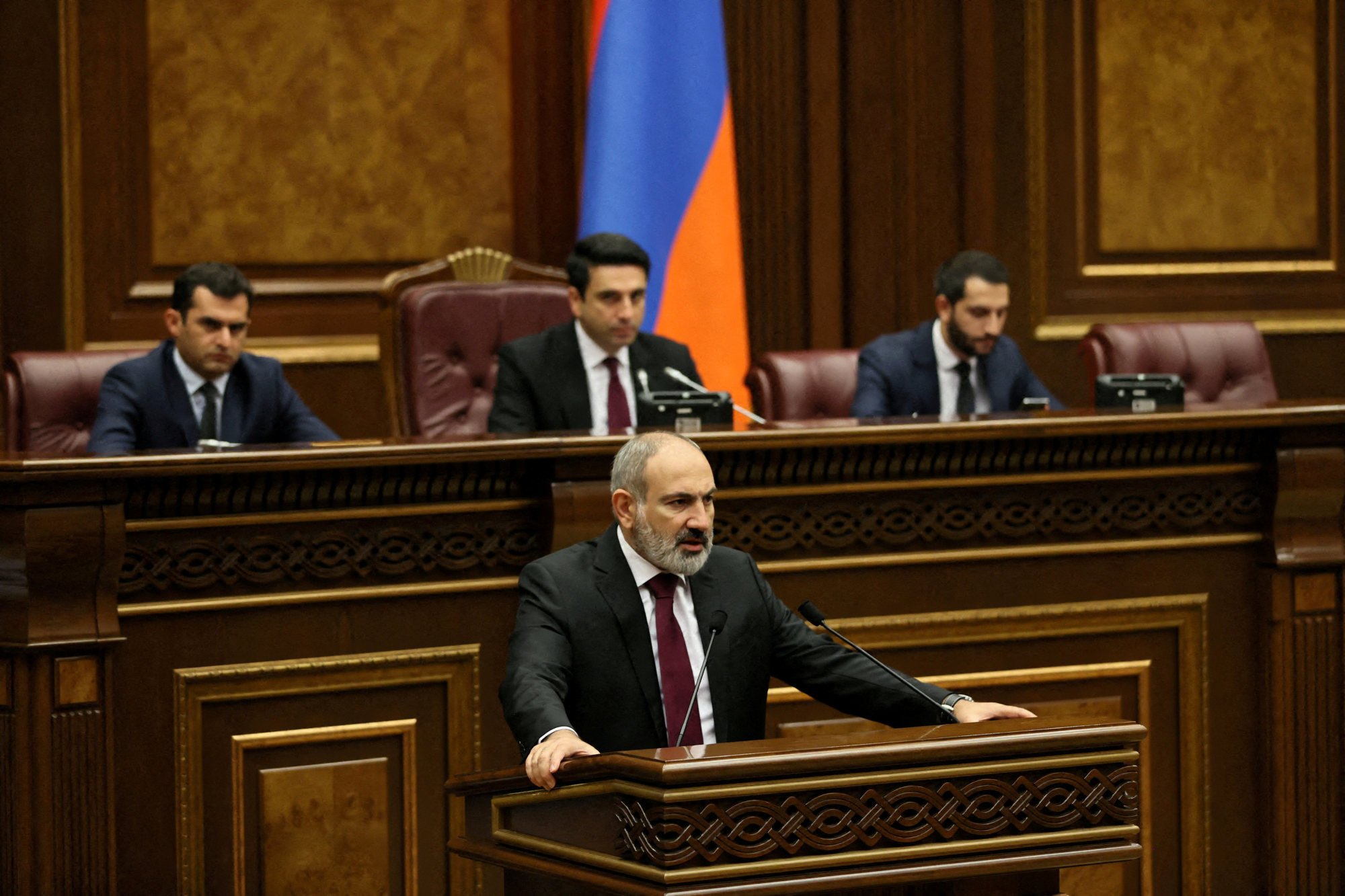Child Drivers In Yemen's Civil War: A Humanitarian Crisis

Table of Contents
The Grueling Realities Faced by Child Drivers in Yemen
Forced Recruitment and Exploitation
The recruitment of child drivers in Yemen is a grim reflection of the conflict's devastating impact on vulnerable populations. Children, often from impoverished backgrounds, are forcibly recruited through various methods.
- Coercion: Armed groups use threats and intimidation to force children into service.
- Abduction: Children are abducted from their homes and communities, leaving their families with little recourse.
- Promises of money or food: Desperate families may be tricked into sending their children, lured by promises of financial support or sustenance, only to discover the dire consequences.
- Family pressure: In some cases, families are pressured or even coerced into allowing their children to become drivers to survive.
While precise figures are difficult to obtain due to the ongoing conflict and limited access to affected areas, reports from humanitarian organizations suggest that thousands of children are involved in this horrific practice. The psychological trauma inflicted upon these children is profound, leaving lasting scars that extend far beyond the immediate conflict. The impact on their mental health, stemming from witnessing violence and experiencing constant fear, is a significant and long-term concern.
Dangerous Working Conditions
The daily lives of child drivers in Yemen are filled with unimaginable peril. Their work exposes them to extreme danger and violence.
- Driving under fire: Children are often forced to drive vehicles through active combat zones, risking death or serious injury from shelling, gunfire, and explosions.
- Transporting weapons and ammunition: They may be tasked with transporting weapons and ammunition, increasing their vulnerability and exposing them to the risks of accidental detonation.
- Navigating dangerous terrains: Driving in Yemen's often rugged and difficult terrain adds to the dangers, increasing the likelihood of accidents.
- Lack of safety equipment: These children rarely have access to any form of safety equipment, leaving them completely exposed to the inherent hazards of their work.
The constant exposure to violence, coupled with the potential for injury or death, creates an environment of extreme fear and psychological distress. The lack of basic safety measures further underscores the callous disregard for their lives and well-being.
The Impact on Education and Development
Forced into the role of drivers, these children are robbed of their childhoods and their futures. The consequences on their education and development are devastating.
- Lost opportunities for education: Instead of attending school and learning, they are forced to participate in a brutal conflict, hindering their ability to develop their potential.
- Stunted development: The trauma, stress, and constant fear impede their physical and emotional development.
- Long-term psychological effects: The profound psychological trauma they experience can lead to long-term mental health issues, impacting their ability to function and thrive in society.
The Humanitarian Implications of Child Driver Recruitment
Violation of International Law
The use of children as drivers in Yemen's civil war is a grave violation of international human rights law and the Geneva Conventions.
- Violation of the Convention on the Rights of the Child (CRC): The CRC explicitly prohibits the recruitment and use of children under the age of 18 in armed conflict.
- Violation of the Optional Protocol to the Convention on the Rights of the Child on the Involvement of Children in Armed Conflict (OPCRC-AC): This protocol further strengthens the prohibition and sets out specific measures to protect children from involvement in armed conflict.
- Violation of the Geneva Conventions: The Geneva Conventions, which govern international armed conflict, clearly prohibit the recruitment and use of children in hostilities.
Those responsible for recruiting and exploiting children face potential legal consequences under international criminal law, including prosecution for war crimes and crimes against humanity.
The Long-Term Consequences for Yemeni Society
The recruitment of child drivers has profound and far-reaching consequences for Yemeni society.
- Increased rates of PTSD: Many child drivers will suffer from Post-Traumatic Stress Disorder (PTSD) and other mental health issues due to their experiences.
- Mental health issues: The psychological scars left by the conflict can lead to a range of mental health problems, including anxiety, depression, and substance abuse.
- Societal instability: A generation of traumatized children can lead to long-term societal instability, impacting the country's ability to recover from conflict and rebuild its future.
The Role of Armed Groups
Various armed groups operating in Yemen are implicated in the recruitment of child drivers. Their motivations are complex and often intertwined with economic incentives, military expediency, and ideological justifications. Understanding the specific roles and motivations of these groups is crucial for developing effective counter-recruitment strategies. Further research and investigations are needed to fully understand their operational methods and the scope of their involvement.
Efforts to Address the Crisis and Potential Solutions
International Humanitarian Aid
Several international humanitarian organizations are working to provide aid and support to child victims of the conflict.
- Organizations like UNICEF, Save the Children, and others: These organizations provide critical aid such as food, shelter, medical care, and psychosocial support to children affected by the conflict, aiming to mitigate the immediate harm and pave the way for long-term recovery.
- Rehabilitation programs: These programs focus on addressing the psychological and physical trauma experienced by child drivers.
- Educational opportunities: Providing children with access to education is crucial for their future well-being and societal reintegration.
Advocacy and Awareness Campaigns
Advocacy groups play a vital role in raising awareness about the issue of child driver recruitment in Yemen.
- Global campaigns: These campaigns aim to pressure governments and armed groups to end child recruitment.
- Public awareness initiatives: Raising public awareness about the severity of the issue is critical in generating public pressure and demanding action.
- Lobbying efforts: These efforts focus on influencing policies and decisions to protect children from exploitation.
Legal and Political Action
Stronger international pressure on warring factions to end child recruitment is urgently needed.
- Targeted sanctions: Imposing sanctions on individuals and groups responsible for recruiting children can be a powerful deterrent.
- International investigations: International investigations into alleged war crimes can lead to accountability for those responsible.
- Strengthening international law: Further strengthening and enforcing existing international laws is essential for protecting children in armed conflict.
Conclusion
The use of child drivers in Yemen's civil war represents a grave humanitarian crisis, violating international law and leaving lasting scars on a generation. The grueling realities faced by these children, the long-term consequences for Yemeni society, and the urgent need for action cannot be overstated. We must demand accountability from international bodies to pressure warring factions to stop recruiting child drivers in Yemen’s civil war. Support organizations working to protect children affected by the conflict in Yemen. Spread awareness about the plight of child drivers in Yemen and advocate for their rights. The future of Yemen depends on protecting its children, ensuring that no child is ever forced to become a driver in this brutal conflict. Let's work together to end the suffering and build a brighter future for the children of Yemen.

Featured Posts
-
 Trumps Economic Policies Prioritizing Trade Despite Growing Concerns
May 06, 2025
Trumps Economic Policies Prioritizing Trade Despite Growing Concerns
May 06, 2025 -
 Inchvo E Natanyahvo N Aliyevi Kvoghmy Pashtpanvo M Trampi Mvot
May 06, 2025
Inchvo E Natanyahvo N Aliyevi Kvoghmy Pashtpanvo M Trampi Mvot
May 06, 2025 -
 Decoding Buffetts Success Key Learnings From The Apple Investment
May 06, 2025
Decoding Buffetts Success Key Learnings From The Apple Investment
May 06, 2025 -
 The Story Behind Ddgs Take My Son A Halle Bailey Diss Track
May 06, 2025
The Story Behind Ddgs Take My Son A Halle Bailey Diss Track
May 06, 2025 -
 Analysis Copper Prices React To Chinas Us Trade Talk Consideration
May 06, 2025
Analysis Copper Prices React To Chinas Us Trade Talk Consideration
May 06, 2025
Latest Posts
-
 Spike Lees He Got Game The Allen Iverson Casting Story
May 06, 2025
Spike Lees He Got Game The Allen Iverson Casting Story
May 06, 2025 -
 Analyzing The Spike Lee X Supreme 40 Acres And A Mule Collaboration
May 06, 2025
Analyzing The Spike Lee X Supreme 40 Acres And A Mule Collaboration
May 06, 2025 -
 The Untold Story Allen Iversons Near Casting In Spike Lees He Got Game
May 06, 2025
The Untold Story Allen Iversons Near Casting In Spike Lees He Got Game
May 06, 2025 -
 Spike Lees 40 Acres And A Mule Collection A Supreme Collaboration Explored
May 06, 2025
Spike Lees 40 Acres And A Mule Collection A Supreme Collaboration Explored
May 06, 2025 -
 Sabrina Carpenters Fortnite Emotes A Guide To New Dances
May 06, 2025
Sabrina Carpenters Fortnite Emotes A Guide To New Dances
May 06, 2025
